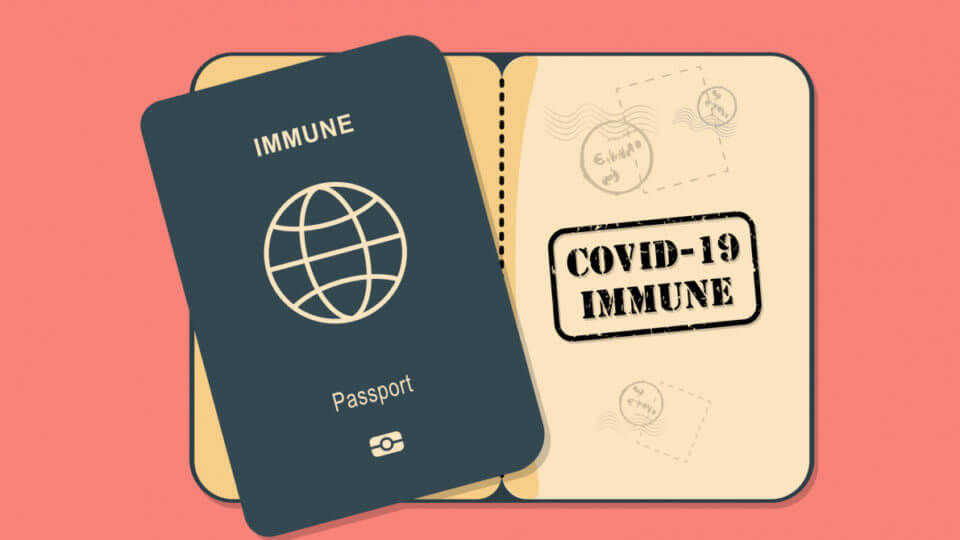Designing Democracy
- Julia Alberga
- Mar 18, 2021
- 3 min read

Imagine the ability to pay your taxes automatically or getting a reminder when your passport almost expires... Or voting for certain themes and beliefs and not for parties, in order to really vote for the things you value, instead of being brainwashed by the election campaigns.
There are tons of governmental services that can be improved, using the pains and gains of the citizen as the main starting point. But also imagine first having to donate a certain amount to charity, before even having the ability to pay your taxes. Or parties abusing a new voting system to create propaganda evolving around the themes people believe in. Or the possibility that you can only renew your passport if you have your covid vaccin status stated inside...
What if you can tap into the minds of citizens and shape their thoughts and behaviour? Starting with creating a customer journey, where the government truly listens to the wants and needs of the citizen and maps those needs into meaningful stories. Being able to translate those stories into services that evolve around the citizen, is an example of creating an excellent user experience. But what if you take it a step further by carrying out the inverse customer journey?
Using the customer journey in an active and shaping way is not something new. All kind of companies try to grasp latent needs of their users in order to make products that revolve around them. Or even better; designing a new context around a product that already existed and making the user feel like it is something they really want and need.
The ability to not only seeing the touchpoints from the journey, but even better; creating them, is like performing inception into people's minds and creates so many new possibilities for a company and a whole new approach of marketing. Governments can benefit from this approach as well, by determining which behaviour and issues are important to create the perfect democracy; needs originated from the customer journey designed into concepts that are in line with the views of the government. Is that designing a democracy or the road to communism?
Especially now with all the measures taken to control the pandemic, numerous questions are raised about the purpose of the lockdowns and the way citizens are being controlled by the government in order to keep everyone safe. This article is not raising questions about those measures, but looking into the cutting edge of docility and rebellion. In which way can specific information and fear cause a different view on reality?
This whole philosophy is about shaping the world of tomorrow using new technologies and the responsibility that comes with that when companies and especially governments have that kind of power over users and citizens. Ethical questions needs to be raised and the ability to design behaviour has to be controlled by a third party in order to keep both citizen and government in line with each other and making sure services and processes are transparant for both parties. Estland is a country where such services are both digitalised and also designed and monitored by a third party, to create an open structure for everyone. Not only does this approach serve citizens in convenience, it also creates transparency and control over their own data and therefore their own self.
Designing services using new technologies is something delicate, especially when it comes to non-commercial services like paying your taxes and renewing your passport. Designing the future of tomorrow is a huge responsibility, but it would be a shame if we did not try to do our best. Technology in not something we need to be afraid of, but only something to fear when not using it wisely. Let’s investigate how it can shape the way we vote, live and work and in the end create a democracy that can experiment within certain boundaries, that are all clear and transparant for everyone. Democracy is a living and learning commodity, an iterative process that we can refine and adjust according to the time we live in. So, when do we start designing it?


Comments